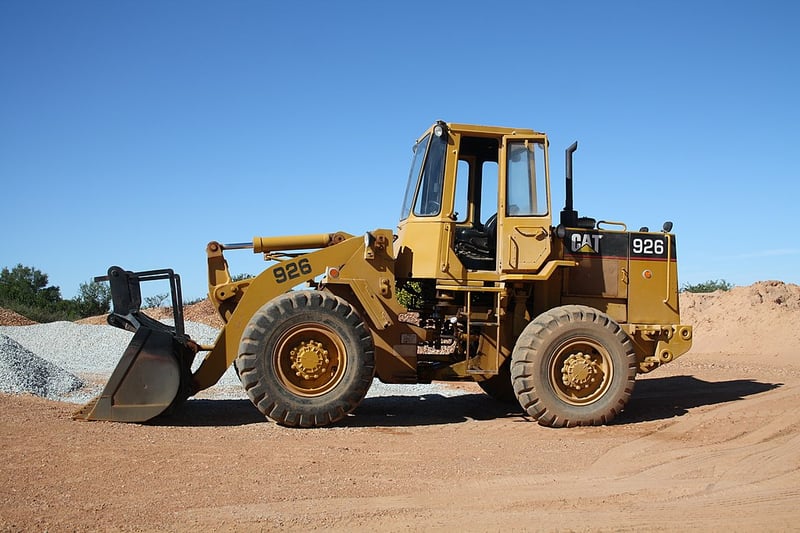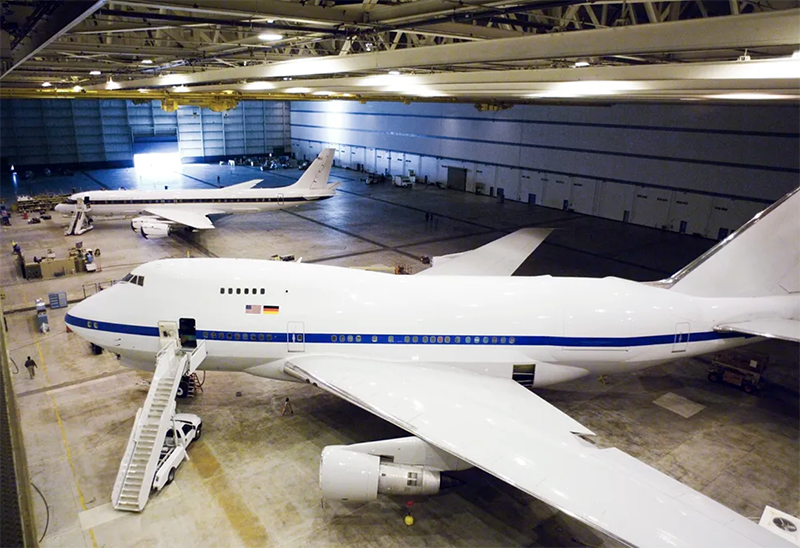
Image Source: Bob Adams license
Many small to mid-size businesses that utilize a lot of machinery will likely have several older pieces of equipment that still operate efficiently and effectively. As long as maintenance practices have been steady over the years, older equipment will continue to be an important component of your company’s operation, and you can avoid the need to spend a lot of money replacing them.
When you look at how these older assets depreciate and resell in the used markets, you soon realize that once they hit a certain age level, their value will begin to level off, assuming they’ve been taken care of over their lifetime.
As a general rule, many types of machinery and equipment will depreciate more during the first half of their useful life and slow down considerably over the second half. That is due to factors such as lapses in warranties, no recapture for initial up-front sales costs such as taxes, freight, rigging, and overall secondary market behavior, which, over the years, has created this pattern based on the buying and selling habits of equipment owners.
The closer machinery gets to the end of its life, the slower this annual loss in value will be. Depending on the type of equipment, once it falls within a certain age range, say 10-15 years old, you will see no material difference in what those same models sell for in the secondary market. Even 20+-year-old pieces of machinery, considered well past their normal life will resell at similar levels as long as they remain in operable condition and have had components parts replaced when necessary.
This concept is also bolstered by the highly active secondary markets for used equipment with both private and public sales activity reaching billions of dollars every year. As an example, if you track this activity, you will commonly see a 15–20-year-old wheel loader sell in the same price range as a 10-12-year-old machine. Of course, there are other variables at play, such as the commonality and availability of certain model types, condition, and competition, however, the fact remains that older assets will have a much smaller value differential than newer machines.
The practices of owners and operators, as well as the buyers and sellers of used and new machinery, have helped create this pattern, and it has remained consistent over the decades. There is no denying that equipment loses much of its original new value over time. Once you better understand how it depreciates year to year, the more knowledge you will have when you are in the market to buy and sell these types of assets.


